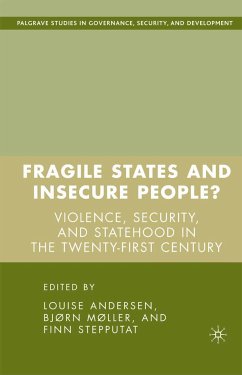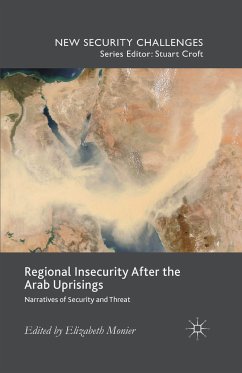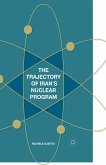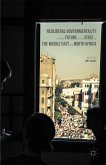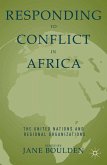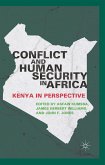This book provides a unique account of the pursuit of security at the edge of the global order. It sheds light on reform of state police and armed forces, and analyses the alternative security structures that emerge in the absence of the state. This book remains open-minded as to which 'model' for security is better.
Dieser Download kann aus rechtlichen Gründen nur mit Rechnungsadresse in A, B, BG, CY, CZ, D, DK, EW, E, FIN, F, GR, HR, H, IRL, I, LT, L, LR, M, NL, PL, P, R, S, SLO, SK ausgeliefert werden.
'This important book explores security needs in areas where the formal state has little or no presence and hence where our normative ontology of the sovereign, territorial state does not apply. It doing so, it challenges conventional notions of peace-building, state-building and the assumptions that underpin most of our approaches to development and security. This is an overdue debate that is set to have a profound impact upon security sector reform and post-conflict reconstruction in general.'
- Jakkie Cilliers, Executive Director, Institute for Security Studies"This book should drive those who are involved in the conceptualization, design and implementation of security sector reform in post-conflict situations to rethink the current approach which is wholly state-centric and frequently offers up a one-size-fits-all model that can only be sustained with external resources and control. Though focused on security sector governance, the essays in this book provide an insightful departure from current post-conflict governance orthodoxy and constitute an articulate call for a more appropriate paradigm for constructing systems of self-governance in post-conflict countries."
- Amos Sawyer, Co-Director, Workshop in Political Theory & Policy Analysis, Indiana University and Chairman, Governance Reform Commission, Liberia
- Jakkie Cilliers, Executive Director, Institute for Security Studies"This book should drive those who are involved in the conceptualization, design and implementation of security sector reform in post-conflict situations to rethink the current approach which is wholly state-centric and frequently offers up a one-size-fits-all model that can only be sustained with external resources and control. Though focused on security sector governance, the essays in this book provide an insightful departure from current post-conflict governance orthodoxy and constitute an articulate call for a more appropriate paradigm for constructing systems of self-governance in post-conflict countries."
- Amos Sawyer, Co-Director, Workshop in Political Theory & Policy Analysis, Indiana University and Chairman, Governance Reform Commission, Liberia

